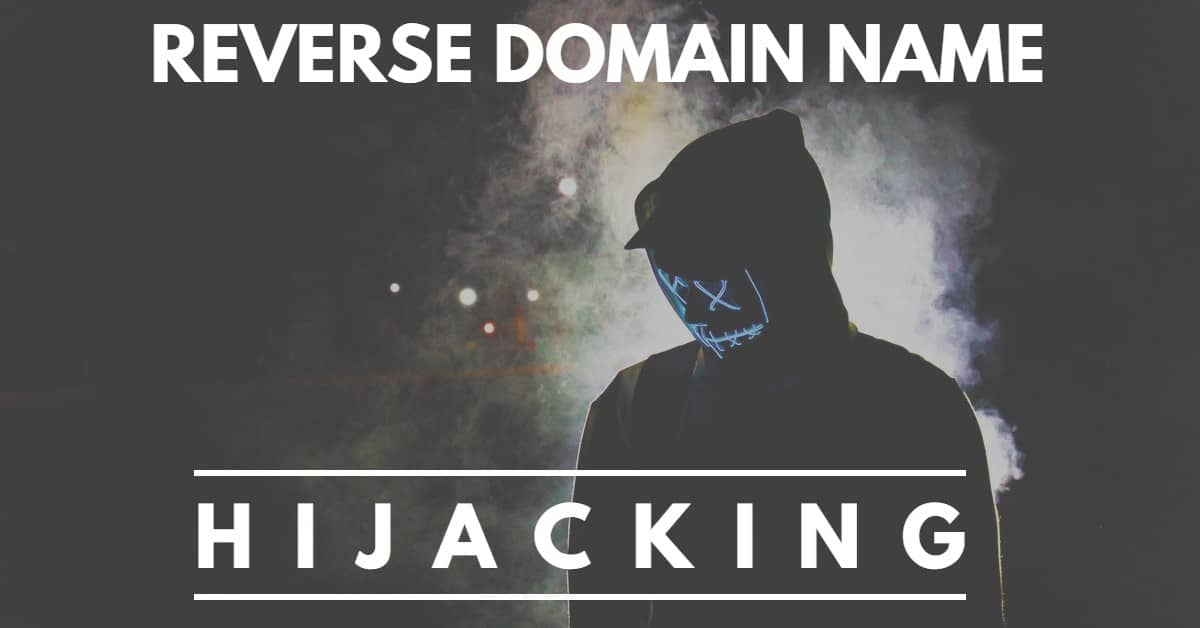Company tries to reverse domain name hijack Kobra.com.

Elcoman Srl, an Italian maker of shredding products under the brand name Kobra, has been found to have engaged in reverse domain name hijacking for the domain name Kobra.com.
The company filed a cybersquatting dispute over the domain name with World Intellectual Property Organization. Panelist Scott Blackmer determined that Elcoman did not show that the domain name was registered in bad faith.
Kobra.com was registered in 1999, and it appears that the current owner has controlled the domain name since at least 2002. During that time, he had a website related to Kobra financial trading software.
In finding reverse domain name hijacking, Blackmer wrote:
The Complainant here did not properly investigate the facts, alleging that the Respondent “has merely passively held the Domain Name,” when a simple visit to the Internet Archive’s Wayback Machine would have revealed years of use for at least a minimal blog site on topics relevant to the meaning of the name to a relevant audience, which would make it very difficult to establish bad faith. The Complainant is represented by legal counsel, but the Complaint is devoid of legal citations and shows no awareness of relevant resources, such as the WIPO Overview 3.0. The Complaint deals with a Domain Name registered roughly 20 years ago but does not satisfactorily address the obvious need to establish the likelihood that the Respondent was aware of the trademark at the time of the Domain Name registration, or the improbability that the Domain Name was acquired “primarily for the purpose of selling” it to the Complainant, given that the Respondent made no motion to do so for decades. The Complainant argues summarily that the Respondent’s bad faith in registration can be inferred because the Respondent (or at least the broker) demanded a high price when the Complainant recently decided, in its own words, to purchase the Domain Name “on a very urgent basis”. Refusal to sell is not necessarily bad faith, and the UDRP is not designed to assess claims geared to putting a dormant domain name to use.
Elcoman was represented by Andrea Colombo. The domain owner represented himself.






Surely the UDRP process should have a level of checks embedded to weed out such claims, looks like in this case (and several others) some basic checks/tollgates would prevent this from having being raised in the first instant.
How does the respondent ever regain their time/costs spent on defending such an example… seems unfair.
Good decision! Thanks for sharing!